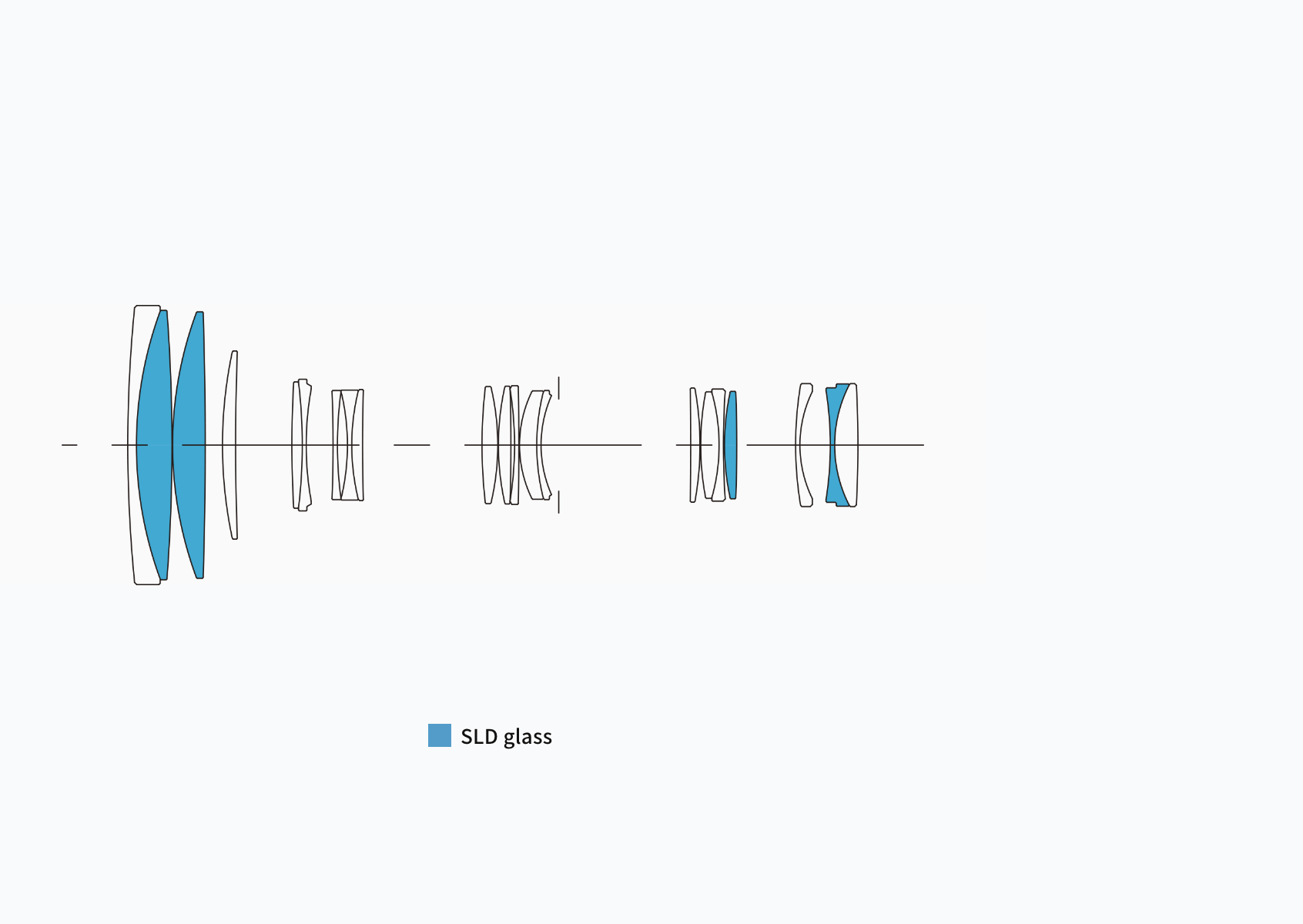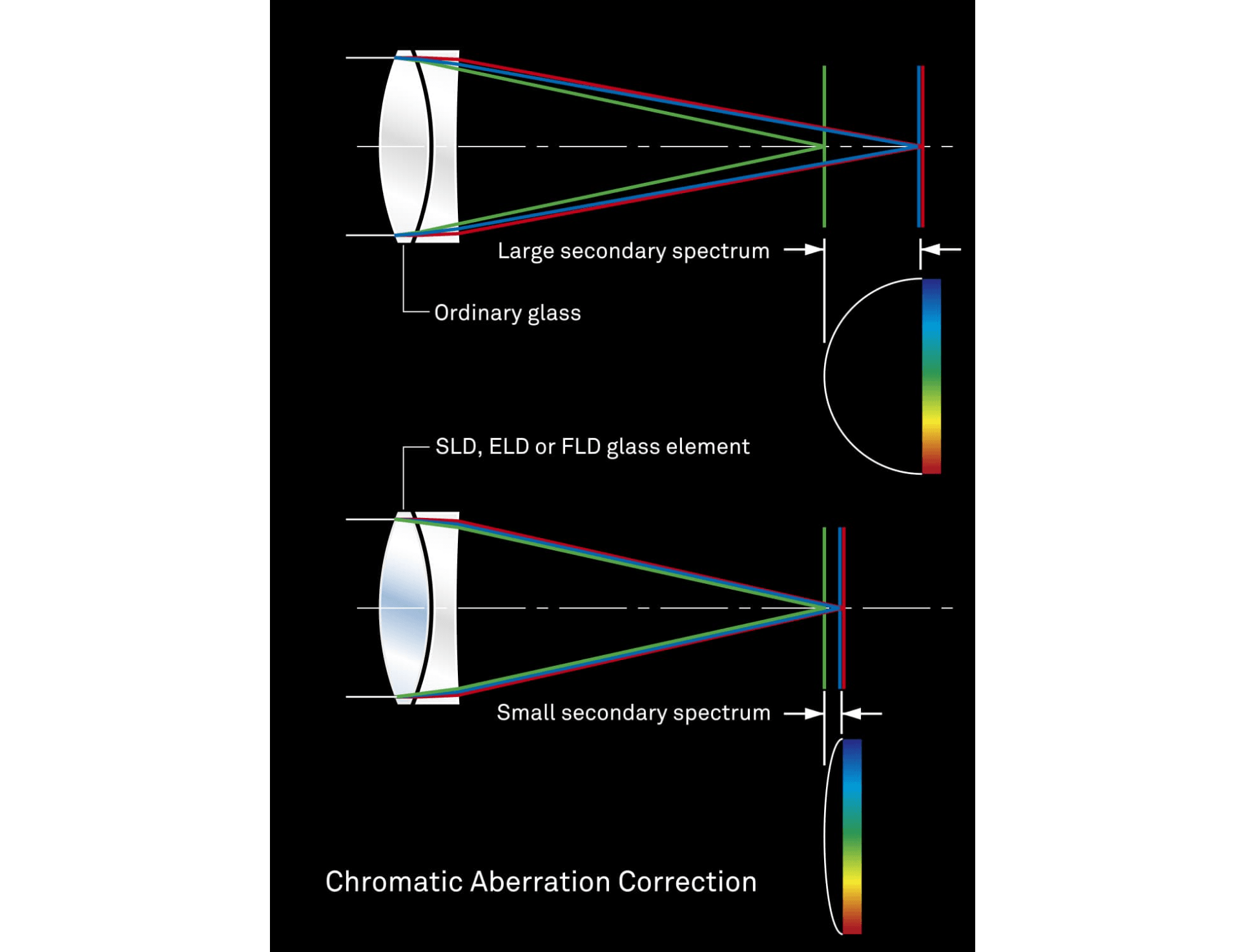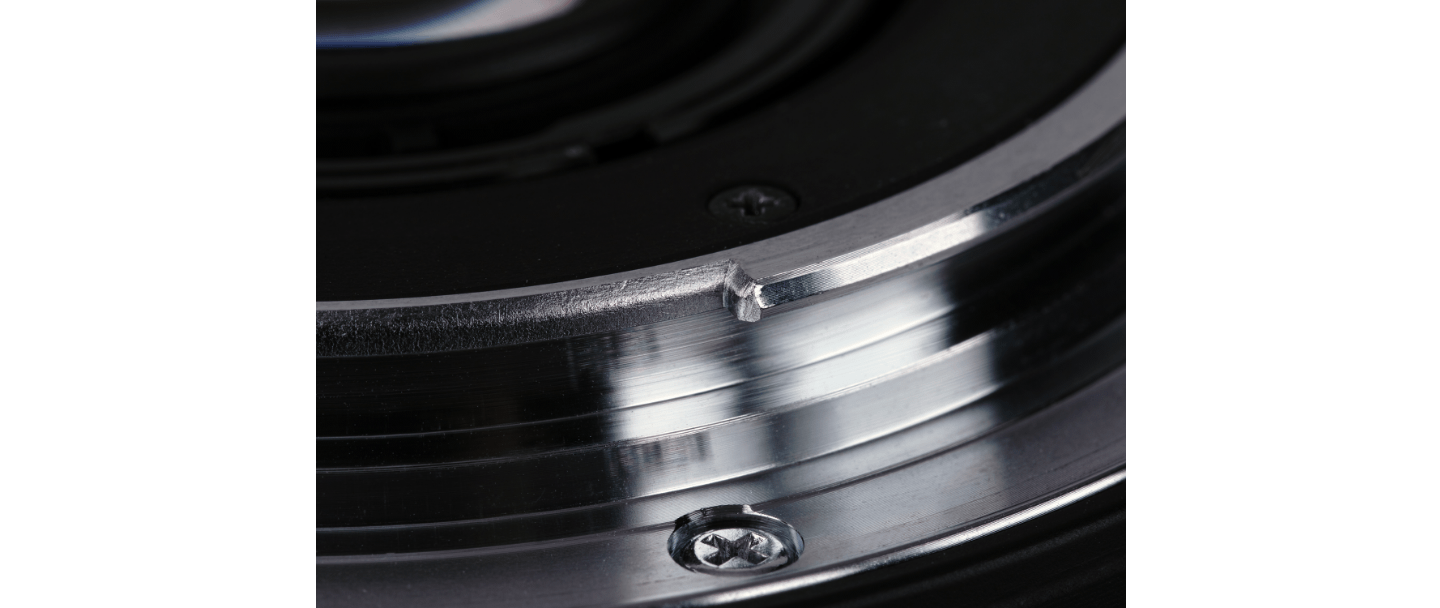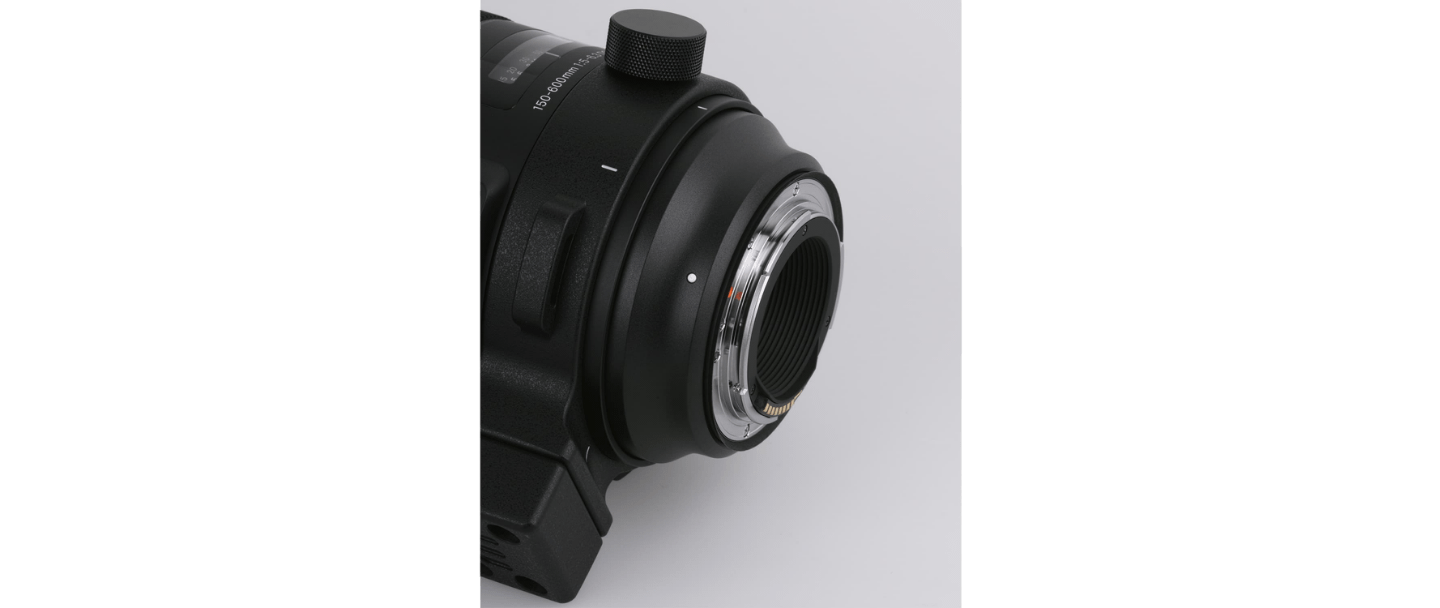An exciting new ultra-telephoto
zoom option

Offering an outstanding combination of image quality and functionality
This lens offers the compact size, lightweight, and high cost performance of a 70-300mm lens while delivering 400mm telephoto performance. This approach results in a tempting new ultra-telephoto choice for photographers. Offering a combination of stunning image quality and outstanding functionality, this lens satisfies the needs of pros and amateurs alike.

Compact packaging with uncompromising image quality

In designing this lens, SIGMA strived to push both compactness and image quality to the limit. Four SLD glass lens elements and an optimized power distribution help minimize optical aberrations. Moreover, by taking special care to minimize transverse chromatic aberration, which cannot be corrected via aperture control, SIGMA has ensured outstanding image quality throughout the zoom range.
Telephoto plus macro functionality
With a minimum shooting distance of 160cm and a maximum magnification ratio of 1:3.8, this lens can shoot either from a distance or up close.
Exclusive low-dispersion glass

The degree to which light is refracted by glass depends on the light’s wavelength. This fact causes different colors of light to focus at slightly different points. The result is chromatic aberration, the color fringing that is particularly noticeable in telephoto lenses. Most chromatic aberration can be removed by combining a high-refractivity convex lens element with a low-refractivity concave element. Yet residual chromatic aberration known as “secondary spectrum” may still remain. To minimize this secondary spectrum, which can be a serious issue with conventional lenses, SIGMA lenses feature up to three types of exclusive low-dispersion glass offering superior performance: ELD (Extraordinary Low Dispersion), SLD (Special Low Dispersion) and FLD (“F” Low Dispersion). In particular, FLD glass offers ultra-low dispersion in combination with high transmittance and the anomalous dispersion characteristics of fluorite. Meticulous deployment of these types of exclusive low-dispersion glass and optimization of power distribution gives SIGMA lenses superlative image rendition undiminished by residual chromatic aberration.
Designed to minimize flare and ghosting

From the start of the design process, SIGMA measured flare and ghosting to establish an optical design that is resistant to strong incidental light sources such as backlight. At the prototyping stage, SIGMA used not only simulations but actual photographic experiments to assess flare and ghosting under multiple criteria, identify the causes of these issues under a wide range of situations, and take measures to mitigate them. In addition, SIGMA’s Super Multi-Layer Coating helps further reduce flare and ghosting and provide sharp, high-contrast images even in backlit conditions.
Read More
Top performance with the specification
and functionality of a more expensive unit
Whether for main or auxiliary use

Since its release, the SIGMA 150-600mm F5-6.3 DG OS HSM | Contemporary has won photographers over with its strong fundamental performance and exceptional image quality. The new lens retains all of this performance in a compact 400mm ultra-telephoto zoom package with a filter size of just ⌀67mm and weight of just 1,160g. Yet it also comes with the full range of features and functions expected of an ultra-telephoto zoom: optical stabilizer (OS), hypersonic motor (HSM) with updated algorithm for fast autofocus, focus limiter, and more. In addition, this uncompromising specification becomes customizable with the available SIGMA USB Dock accessory.
All-new optical stabilizer (OS) unit with exclusive algorithm
Featuring a newly developed gyroscopic sensor and a new and exclusive algorithm, the all-new OS unit provides a powerful stabilization effect. An acceleration sensor detects camera shake in any direction—horizontal, vertical, or diagonal. This technology allows the OS to stabilize the image very effectively, regardless of whether the camera is being held in horizontal or vertical orientation.

Push/pull zoom mechanism incorporated
For quick control of the angle of view, the zoom ring incorporates a push/pull mechanism in addition to the regular twist mechanism. The exclusive lens hood has also been designed to accommodate push/pull zooming and overall lens maneuverability. By making it possible to adjust the angle of view instantly, this lens gives photographers an even better chance of getting that crucial shot.
Nikon electromagnetic diaphragm mechanism included
The Nikon mount version of this lens includes an electromagnetic diaphragm mechanism that allows it to receive the appropriate signals from the camera body. This feature ensures precision diaphragm control and stable Auto Exposure (AE) performance during continuous shooting.

Rounded diaphragm
The 9-blade rounded diaphragm creates an attractive blur in the out-of-focus areas of the image.
Newly designed Teleconverters (Optional)
Teleconverters that are newly designed to match the new lens line-ups can be attached. The addition of SIGMA’s TELECONVERTER TC-1401 or TELECONVERTER TC-2001 produces a AF 140-560mm F7-9 hyper-telephoto zoom lens* or a MF 200-800mm F10-12.6 hyper-telephoto zoom lens respectively.
* When it is attached to cameras that are compatible with AF at F8, focus accuracy is not ensured on the telephoto side at the focal length scale more than 200mm.
Smoother AF operation
The HSM (Hyper Sonic Motor) ensures high speed and quiet AF. The updated algorithm enables smoother AF operation.

High-precision, rugged brass bayonet mount
The brass mount combines high precision with rugged construction. Its treated surfaces and enhanced strength contribute to the exceptional durability of the lens.

Mount with Dust and Splash Resistant Structure
The lens mount incorporates rubber sealing* to protect the mount from dust and water drops.
* Except for the SIGMA mount
Read More